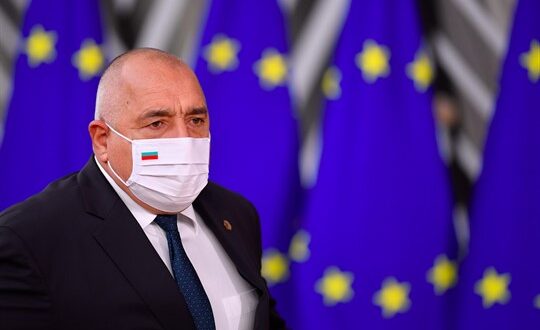As a European Union and NATO member that borders Turkey, hugs the Black Sea coast and maintains cordial relations with Russia, Bulgaria is a strategically significant country. Yet in recent years, it has rarely made international news—except for the occasional domestic clash over Russian influence and periodic mass protests over corruption and state capture.
The latest such uprising may have finally forced the departure from high-level politics of Boyko Borissov, who has served three nonconsecutive terms as prime minister since 2009 and was a mainstay of the Bulgarian political scene before that. His center-right populist Citizens for the European Development of Bulgaria party, known as GERB, won the most votes in elections in early April, as it has in every one of the nine parliamentary and European Parliament votes Bulgaria has held since 2007.
 Eurasia Press & News
Eurasia Press & News




